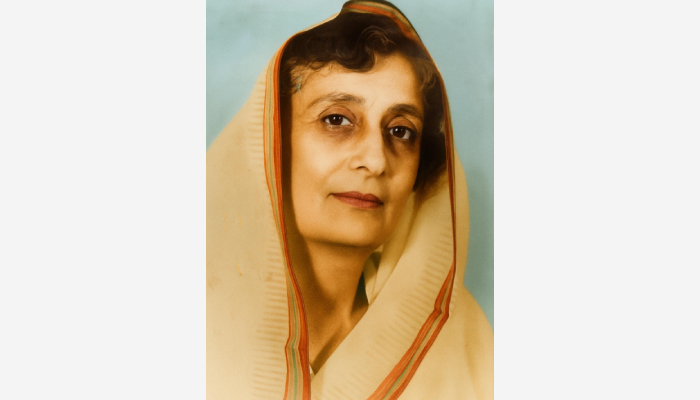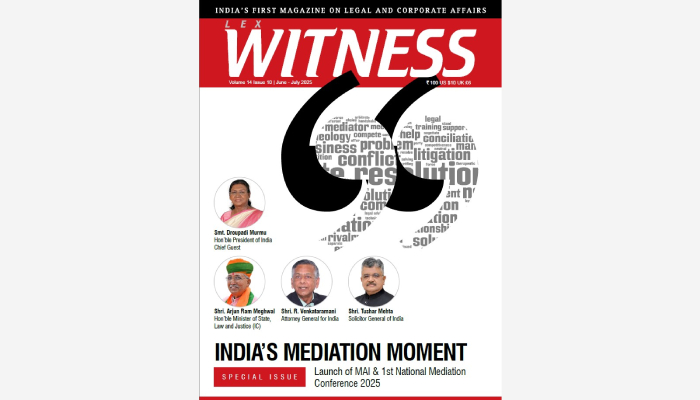
or

On August 22, 2025, India’s ‘Promotion and Regulation of Online Gaming Act, 2025’ (“Act”) received Presidential assent, creating the country’s first comprehensive central law to govern online gaming. Until now, regulation was fragmented, with different states treating games of skill and chance inconsistently. The Act seeks to bring uniformity, protect consumers and promote legitimate gaming avenues such as e-sports while shutting the door on real-money betting and gambling platforms. The legislation is applicable to online gaming services offered to users in India, even if such services are hosted or operated from outside India. This seeks to prevent offshore operators from bypassing Indian laws by locating infrastructure overseas.
The law imposes a blanket ban on all forms of online games involving real money. ‘Online money game’ is defined as a game, whether skill or chance based, where a user pays fees, deposits money or other stakes, in expectation of winning monetary rewards/ other enrichment. Such games would include fantasy sports, poker, rummy and any game where users receive monetary winnings. The distinction between games of skill and games of chance, long debated in Indian courts, has been set aside, with both falling under the prohibition if played for money.
Banks, payment intermediaries and digital wallets are prohibited from processing transactions linked to banned gaming activities. Also, advertising real-money gaming, whether through TV, print, digital media or influencers, is strictly outlawed.
Notably, the Act does not penalise players who participate in online money games, and penalties are only imposed on online money gaming services, advertisers, and financial institutions providing services to online money gaming service providers.
To deter violations, the Act prescribes stringent punishments:
A key feature of the Act is the creation of a central authority to regulate the online gaming sector. Earlier, in 2023, the Ministry of Electronics and Information Technology had introduced amendments to the Information Technology (Intermediary Guidelines and Digital Media Ethics Code) Rules, 2021, providing for the appointment of self-regulatory bodies (‘SRBs’) for online games. However, no SRBs have been constituted to date.
Per the Act, the central government may establish the Online Gaming Authority – or designate an existing body – to oversee the sector.
The regulator will:
While shutting down gambling-style games, the Act actively encourages e-sports, social gaming and educational platforms.
An ‘e-sport’ is defined as a recognised online multiplayer competitive game – governed by predefined rules and registered under the National Sports Governance Act, 2025 – where outcomes are determined solely by skill (such as physical dexterity, mental agility, or strategy). It may involve entry or administrative fees and prize money, but shall not include betting, wagering, or staking of any kind. The Act recognises e-sports as a professional pursuit and allows government-backed training academies, incentives and competitions to grow the sector.
An ‘online social game’ means an online game offered purely for entertainment, recreation, or skill development, that does not involve staking money with the prospect of monetary gain. Monetisation is permitted through models such as subscriptions or one-time access fees, so long as these payments are not in the nature of a stake or wager. This category is distinct from online money games and e-sports.
The Act makes user safety a priority. Online platforms inter-alia must:
Authorities have been given powers to search, seize and block noncompliant gaming apps and websites, even without prior warrants. Section 16 allows officers to ‘enter any place, whether physical or digital’, wherein ‘any place’ has an expansive definition, to include premises, vehicles, computer resources, and virtual digital spaces, and also grants powers to override access controls. Platforms can also be banned under provisions of the Information Technology Act, 2000, ensuring digital takedown capabilities.
The gaming industry has already felt tremors:
For many startups, this Act represents an existential challenge, while for e-sports and educational gaming firms, it presents a growth opportunity backed by government legitimacy.
The Act signals a turning point in India’s approach to online gaming. Concerns over online money gaming, including threats to public safety and national security, like youth addiction, mental health issues, financial losses that have even led to suicide in extreme cases, and the potential abuse of gaming platforms for money laundering or terrorism financing, prompted the introduction of the Online Gaming Act. By outlawing money-based gaming while simultaneously legitimizing skill-oriented, social and educational platforms, the government has taken a dual approach – consumer protection on one hand and industry promotion on the other. It aims to prevent addiction, financial exploitation and illegal betting, while also positioning India as a hub for safe, regulated e-sports and digital gaming innovation.
Marking a historic shift in India’s digital economy, the Act sets a clear boundary between gambling and legitimate gaming. It promises to safeguard consumers, protect minors and curb illegal betting operations. Although the move has disrupted fantasy sports and real-money gaming companies, it also opens the door for a more responsible and innovation-driven gaming ecosystem. In the long run, this Act ought to strike a balance between cultural concerns around gambling and India’s ambition to be a global player in digital entertainment and e-sports.
Shubhankar Das advises on a wide range of corporate and commercial matters including foreign investment, joint ventures, private equity, corporate governance, commercial contracts, technology licensing, outsourcing, and real estate. He regularly supports clients through acquisitions, negotiations, due diligence, business setup in India, compliance, and restructuring. His experience spans multiple sectors, with a strong focus on IT, data privacy, e-commerce, labour laws, FCRA, food laws, and legal metrology.

Lex Witness Bureau

Lex Witness Bureau

Lex Witness Bureau

For over 10 years, since its inception in 2009 as a monthly, Lex Witness has become India’s most credible platform for the legal luminaries to opine, comment and share their views. more...
Connect Us:


The Grand Masters - A Corporate Counsel Legal Best Practices Summit Series
www.grandmasters.in | 8 Years & Counting
The Real Estate & Construction Legal Summit
www.rcls.in | 8 Years & Counting
The Information Technology Legal Summit
www.itlegalsummit.com | 8 Years & Counting
The Banking & Finance Legal Summit
www.bfls.in | 8 Years & Counting
The Media, Advertising and Entertainment Legal Summit
www.maels.in | 8 Years & Counting
The Pharma Legal & Compliance Summit
www.plcs.co.in | 8 Years & Counting
We at Lex Witness strategically assist firms in reaching out to the relevant audience sets through various knowledge sharing initiatives. Here are some more info decks for you to know us better.
Copyright © 2020 Lex Witness - India's 1st Magazine on Legal & Corporate Affairs Rights of Admission Reserved